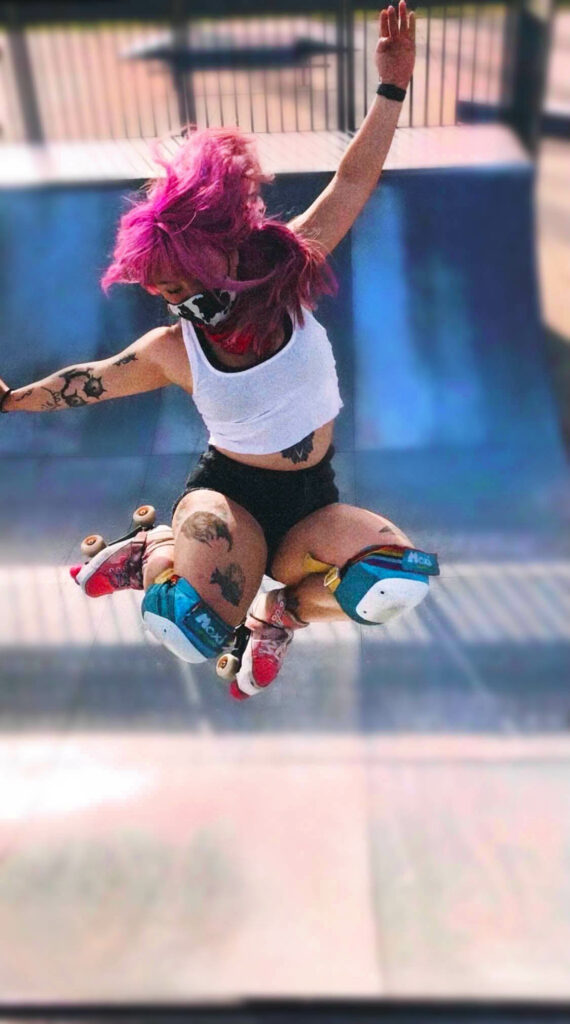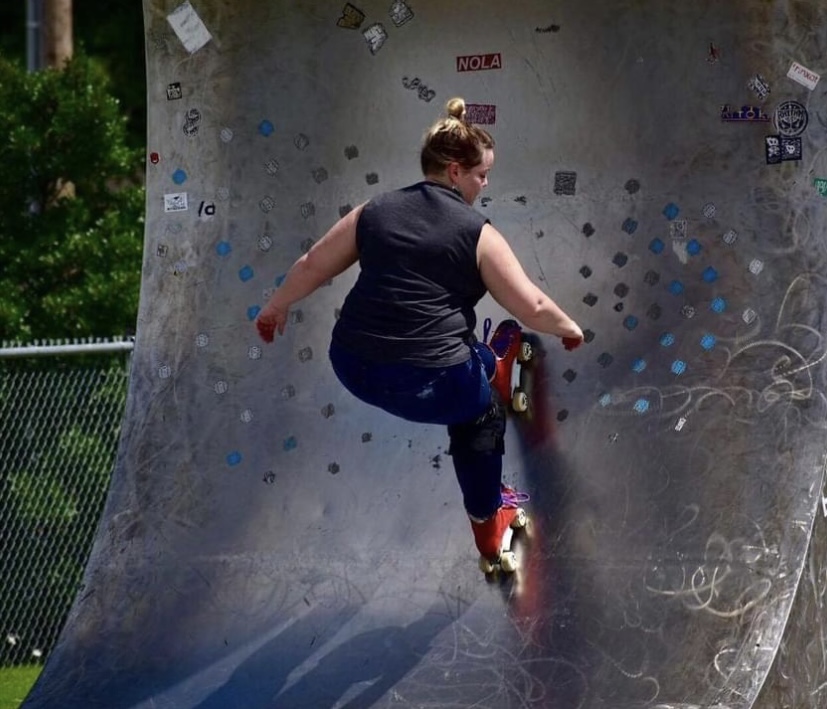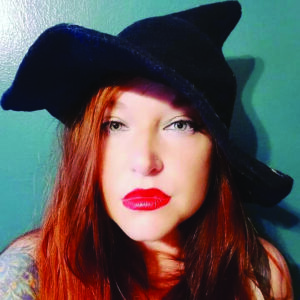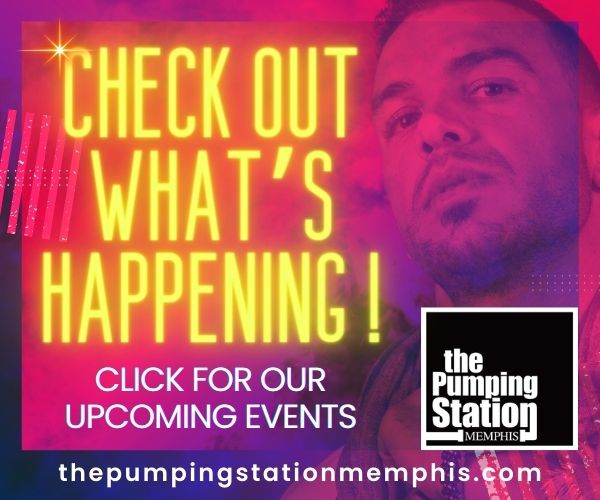Focus writer Chris Reeder Young had a few questions for Emily Ward, Vicky Fong, and Alexa Zabella of Queer Skate Memphis!
What is Queer Skate Memphis?
It is a group meant to foster a safe space for queer BIPOC skaters of every wheel and all skill levels in the 901 and surrounding areas.
When did it start?
Officially, September 2020.
Who started it? / Why did it start?
QSM was started by two queer skaters of color to boost and celebrate other BIPOC (Black, Indigenous, people of color) and queer skaters. It started informally in the summer of 2020 during the pandemic roller skating resurgence. It became more official in September when we realized there was no active or actively inclusive skatepark community. It really boomed during the pandemic when everyone was homebound and we really needed some safely distanced social interaction.
Why is it important to have spaces like this?
The same reason why other communities are important; connecting with others—specifically for us, queer and queer-friendly individuals who love to scoot!
Is it all wheels?
Totally! We do tend to draw in more roller skaters but we’re, if you want to say, wheely not picky about how you choose to roll!

Is there an age range for folx?
No age range but we tend to draw a crowd of 20+ year olds (some folx even tend to bring their children).
Why might something like this be good for mental and physical health?
“Exercise gives you endorphins. Endorphins make you happy. Happy people just don’t shoot their husbands, they just don’t” -Elle Woods, Legally Blonde 2001.
Why might something like this be good for younger generations?
For practical reasons, helping to guide them when it comes to knowing the ins and outs of skate park etiquette. It’s important also to be examples of how diverse and not intimidating the skate park can be. It’s so cool to see the younger generation skaters get into it because they have a chance to learn it before they get grownup bodies and don’t bounce well anymore. It’s also a good way to learn social skills and skate park etiquette. Hopefully these new generations of people getting into skating will help push skating along for the next few decades so it doesn’t “die”. And that is good for skate companies, derby, skate parks, and skate shops.
Do you have any skate icons or mentors?
Vicky and Alexa: It’s Tony Hawk, for the vibes.
Emily: It’s Lady Trample, Olivia Wardlow, and estrojen; but, the skate mentors are all the people I skate with currently and have skated with over the past 12 years. In derby, at parks, in pickup games, on trails, at conventions and on street skates. I have learned from every skater that has allowed me to teach them, the ones who have taught me and the ones who have shown me a million different ways to love skating.

Why is this important to you?
Vicky and Alexa: Because “sending it” with other people who respect you as an individual and share the same love for skating is fun.
Emily: Honestly, it’s important to me because I am in love with skating. I want to skate until I’m dead and then some. I love it because skating is all about what you put into it. I know that I have had so much guidance over the years but anything I have accomplished on the track or in the bowl—it is something I did. No one can take that away or diminish the significance because I started out in 2010 very unathletic, scared, introverted, and unable to skate. And now, in 2022, none of those are true, and I have gained so much from being a skater and all the places it has taken me.




